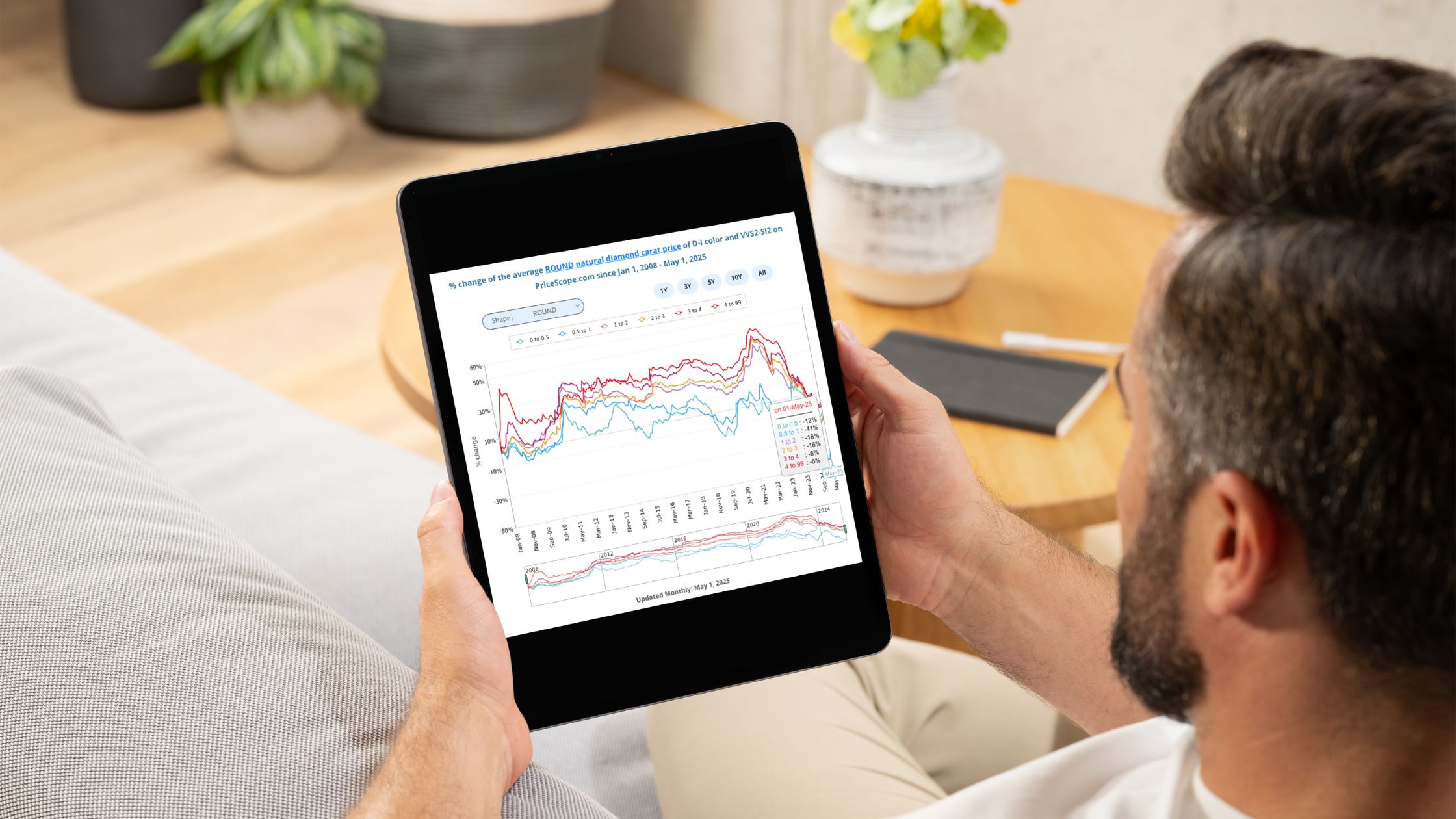megumic
Brilliant_Rock
- Joined
- Mar 8, 2009
- Messages
- 1,647
So it seems we''re in a pickle. Our only car has crapped out again and will cost upwards of $1500 to fix, which is not worth it. We''re contemplating how to proceed. Our initial thought is a certified pre-owned car with some sort of warranty for a period. Our second thought is to lease. Leasing has only come into play to help conserve cash in our pocket now(i.e. no down payment on buying a car, albeit a small one to lease). But at heart we''re buyers, not leasers.
Anyway, would love to hear both sides of the coin from others who have gone through the buy/lease process. Neither FI or I have gotten new cars on our own (well, "new" for us - neither of us have ever had a new new car), so we need all of the advice and knowledge we can get! Thanks!
Anyway, would love to hear both sides of the coin from others who have gone through the buy/lease process. Neither FI or I have gotten new cars on our own (well, "new" for us - neither of us have ever had a new new car), so we need all of the advice and knowledge we can get! Thanks!








300x240.png)